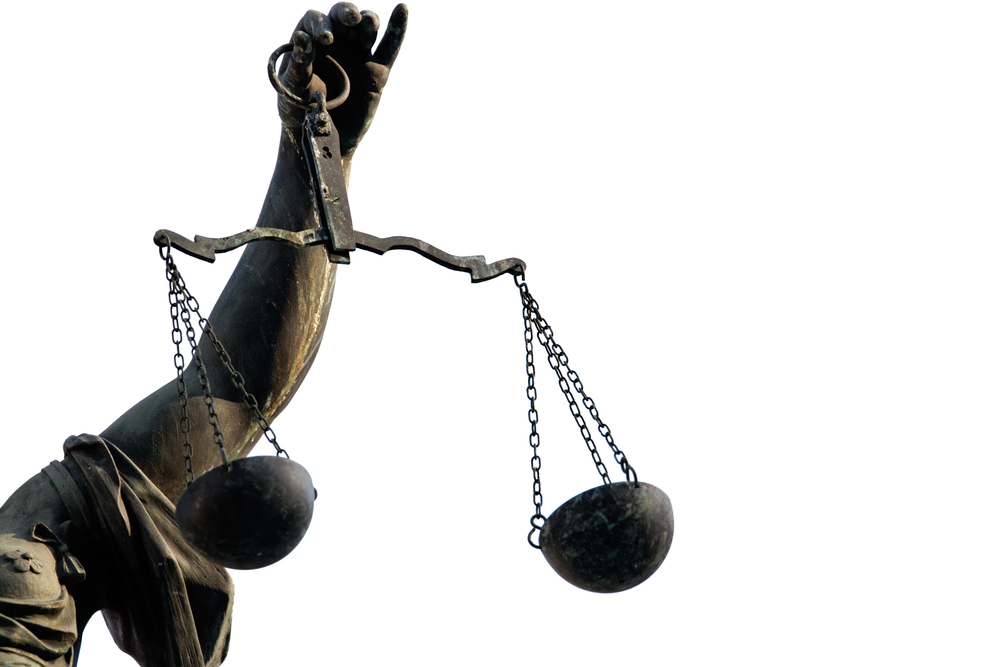Appeal

Final judgement of the court
In a final judgement a court delivers its final decision on the matter brought before it.
Appeal
When a party cannot agree with the final judgement of the court, in principle he or she can file for an appeal against that judgement.
The notice of appeal
An appeal can be lodged by bailiff’s notification, which can be awarded to the counter party by a bailiff. Although the party appellant (the party lodging the appeal) may explain the reason for the appeal in the writ of summons, this is not strictly necessary. In practice most bailiff’s notifications do not mention why an appeal is filed. In general the appellant motivates this decision in a later procedural document, called the statement of grievances.
Commencement of the period of appeal
The period of appeal starts at the first day after the court has given judgement.
An example: when the court gives its judgement at April 20, for instance, the appeal period starts on April 21st of that year.
Weekend days are not taken into account for this period. When a court gives judgement on Friday, the period starts on Saturday.
The length of the appeal period
The period of appeal amounts three calendar months, in principle. If in any year a judgement is given on April 15, the period of appeal will end at July 15 of that same year (given that the period commences at April 16 and amounts exactly three months).
Because not all months are equal in length, this must be checked properly. The appeal period of a ruling given on November 30 of any given year, will end at February 28 (or in a leap year 29) of the next year.
But, when the last day of the appeal period is a Saturday, Sunday, or commonly recognized celebration, the period is extended until the first day, not being a Saturday, Sunday or celebration day. When, to stick to the example, February 28 or 29 is a Saturday, the period of appeal is extended until the next Monday (March 2). But: when the period ends on the Saturday before Easter, the period is extended until the following Tuesday.
Exception 1: claims of small size
The right to lodge an appeal, is not absolute. When the claim in first instance did not pass €1.750,-, it is not possible to file an appeal.
Exception 2: the counter claim in appeal
It often occurs that both parties cannot agree with the final judgement of the court. In such occasions, it suffices if one of the parties files a notice of appeal. The other party then can express that he/she cannot agree with the judgement either during the appeal. The law explicitly allows the situation that this happens after the appeal period has passed.
Exception 3: the preliminary relief procedure
Some matters can’t tolerate delay. A ‘normal’ substantive procedure takes too much then. In such matters, in case of an urgent situation, the court can rule a provisionally enforceable decision, when claimed by the claimant.
The appeal period against such a preliminary relief procedure is substantially shorter than the ‘average’ period: four weeks.
In such cases the same rules apply for the length of the period. The period commences at the day after the ruling and that the period is extended when it concerns a Saturday, Sunday or generally recognized day of celebration.
Beware!: strict application and testing ex officio of appeal period
It is of great importance to be careful with appeal periods. Not only do judges apply these terms strictly (besides some exceptions), but the judge will also apply this period ex officio (which means that the judge has to check the period him- or herself, also when the counter party does not complain on this point).
